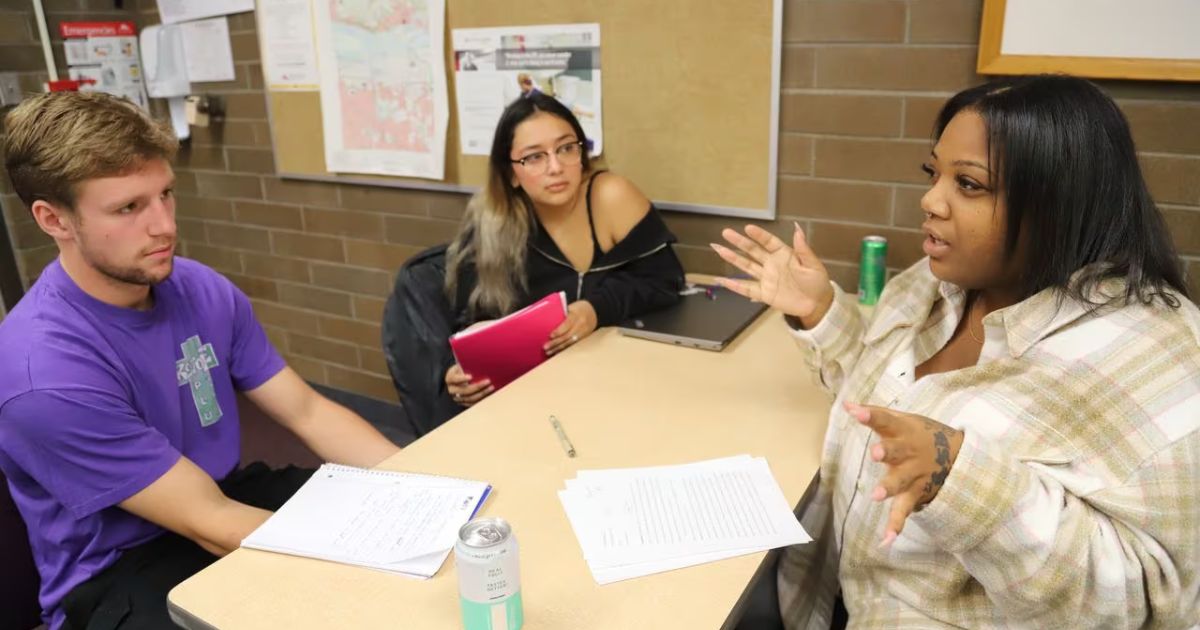The Oregon mental health is in crisis, leading to a meeting by high level panel of mental health leaders held in Portland to deliberate on strategies for treatment in the state.
“How we stabilize centers and expanded behavioral health housing, and enhance social services catering for individuals grappling with severe mental illnesses,” were the major issues raised by five influential community figures during a comprehensive discussion hosted by the Oregon Health Forum.
Criminal Justice System as Unsustainable Path
All participants labeled the current process of channeling patients through criminal justice system before they access mental health treatment as unsustainable.
A major lack of crisis facilities was emphasized by the speakers, particularly for “people who can’t speak for themselves” (Oregon Health Forum).
Facility Shortage Hinders Treatment Access
Although doctors and county health officers can have someone who is deemed a danger to self or others detained involuntarily for up to 72 hours, there are few places to send them because most suitable facilities are simply not there, or only if existing ones are overcrowded.
Influx from Criminal Justice System at State Hospital
The Oregon State Hospital, the largest psychiatric facility in this state rarely has enough space to accommodate such patients because “so many people come from criminal justice system or have been found unfit” (Oregon Health Forum).
Overcrowded Medical Hospitals as Inadequate Solution
In acute mental health crises, patients often accumulate in medical hospitals ill-equipped to provide adequate care, leading to an inefficient and distressing overflow situation.
Jails and Prisons as De Facto Treatment Centers
The biggest involuntary treatment system in Oregon is actually running within jails and prisons, according to Robin Henderson, Chief Executive Behavioral Health at Providence Oregon, who described it as both traumatic and far from ideal.
Bed Availability for Oregon Mental Health Services
Moreover, because it has intensified the shortage of patient beds further, psychiatric services increasingly become privatized making that system rigid and unbending.
Advocate for Alternative to Jail
The county should have an alternative to incarceration, according to Nan Waller, overseeing the mental health court.
“A good place for people in crisis that immediately supports them and then takes them into services or treatment” (Oregon Health Forum) is how she expressed it’s urgency.
Missed Opportunities in Proposed Centers
A plan to create a Crisis & Sobering Center in Portland specifically designed for individuals with co-occurring mental health issues and substance abuse failed due to challenges including lack of funding and divided support for it.
Addressing Basic Needs Key to Treatment Compliance
Portland Street Response’s interim director, Lielah Leighton says addressing shelter, safety and other basic needs is necessary prior to voluntary treatment.
Personal Testimony Highlights Systemic Failures
Speaking as a communication specialist, Jonathan Mroz said that his own experiences reflect the trauma of homelessness and the burden on patients who must navigate a system with no psychiatric beds, let alone post-stabilization residential placements available.
Immediate Solutions vs. Long-term Planning
However, while some panelists considered immediate solutions, others recommended they be incorporated into one cohesive long-term plan.
Call for Comprehensive Systemic Overhaul
The message was clear: Oregon needs an entire overhaul of its mental health infrastructure.
Lack of swift and decisive actions to address facility gaps, systemic inadequacies and disjointed service delivery would be persistently inadequate, leading to emotionally disturbed patients grappling with severe mental illness.
Looking Ahead: The Need for Immediate Action
Mental health leaders in Oregon are unanimous that immediate reforms should be made to solve the problem of acute shortage of mental health facilities and ensure that persons in crisis receive necessary help.
If no coordinated short-term actions and overall strategy are put in place promptly, Oregon may perpetuate a system that does not meet the essential needs of those who suffer from severe mental illness.


























